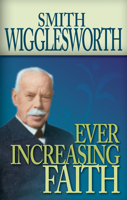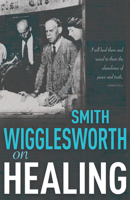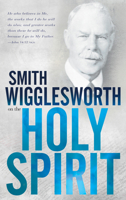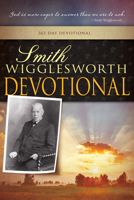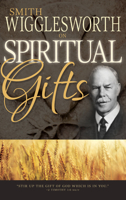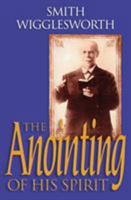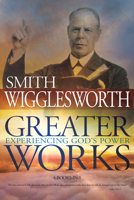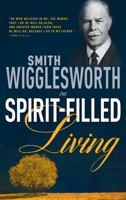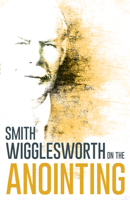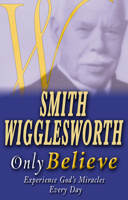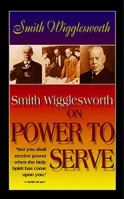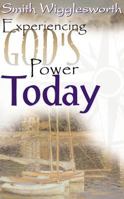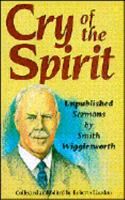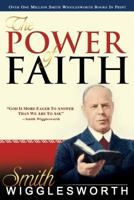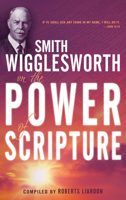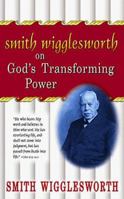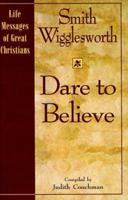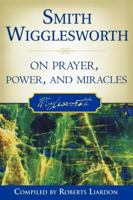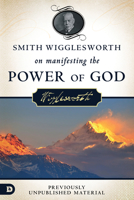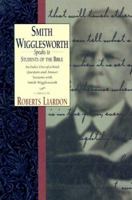Cooking Con Claudia: 100 Authentic, Family-Style Mexican Recipes
Select Format
Select Condition 
Book Overview
Learn how to cook 100 deliciously authentic Mexican recipes with YouTube's Claudia Regalado (a.k.a Cooking Con Claudia) Join YouTube's Claudia Regalado as she presents 100 Mexican recipes she and her family have enjoyed for years. Family favorites, new classics, delectable desserts, and so much more from Claudia's kitchen are present in the pages of this book. Whether you're looking to prepare the perfect tortillas from scratch, serve a delicious queso dip appetizer, or assemble everyone's favorite tacos, Claudia is here to help With her authentic Mexican ingredients and expertise, Claudia will have you feeling like a Mexican cuisine expert in no time Drinks, breads, soups, salsas, appetizers, dinners, and desserts--all are here Also featured in this book are Claudia's kitchen essentials, including detailed breakdowns of equipment, ingredients, and techniques recommended for any Mexican kitchen. Cooking con Claudia will make you feel like you're right at home in Claudia's kitchen and at her family table.
Format:Hardcover
Language:English
ISBN:0744083885
ISBN13:9780744083880
Release Date:October 2023
Publisher:DK Publishing (Dorling Kindersley)
Length:240 Pages
Weight:2.65 lbs.
Dimensions:1.0" x 8.1" x 10.1"
More by Smith Wigglesworth
Customer Reviews
10 customer ratings | 5 reviews
There are currently no reviews. Be the first to review this work.














